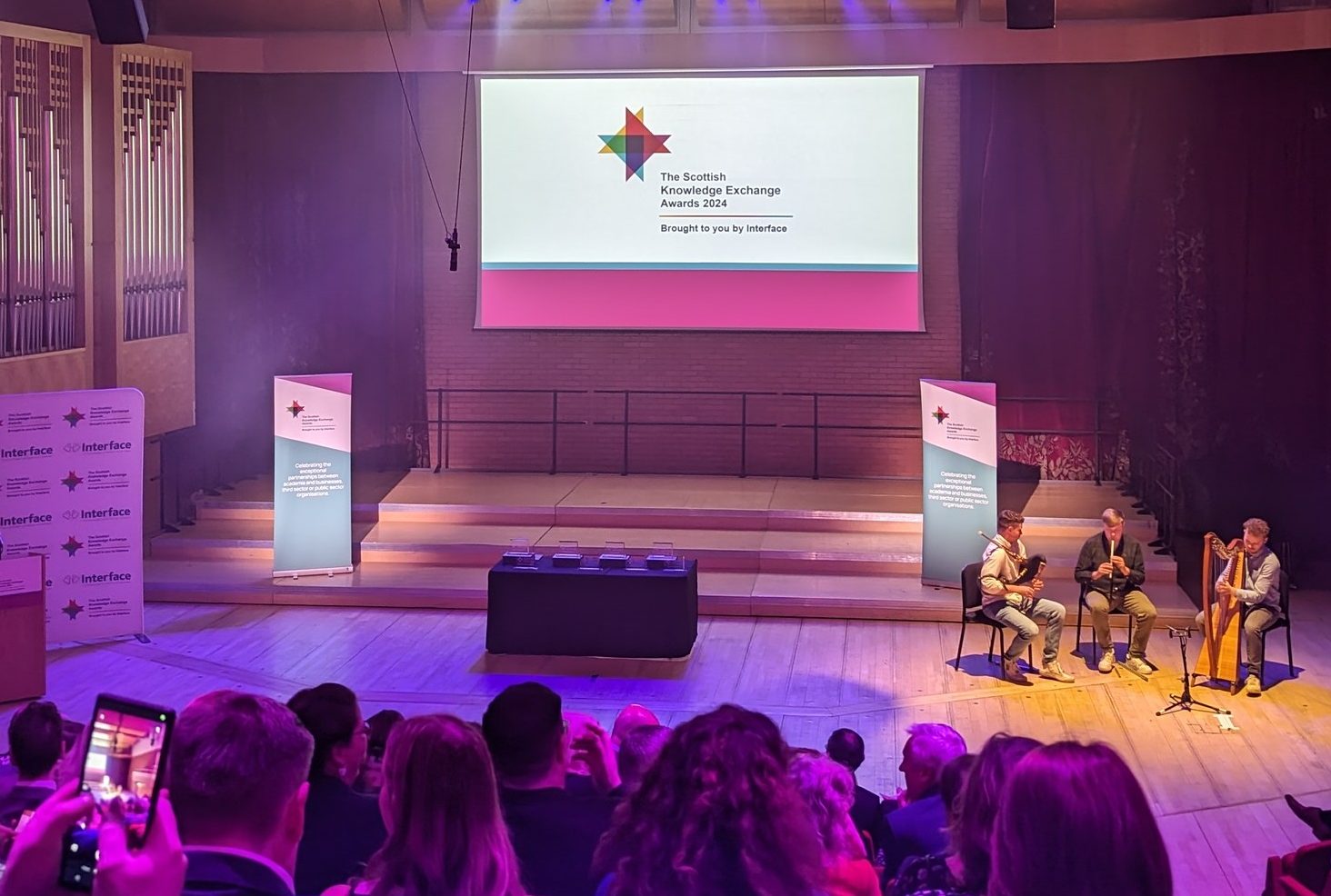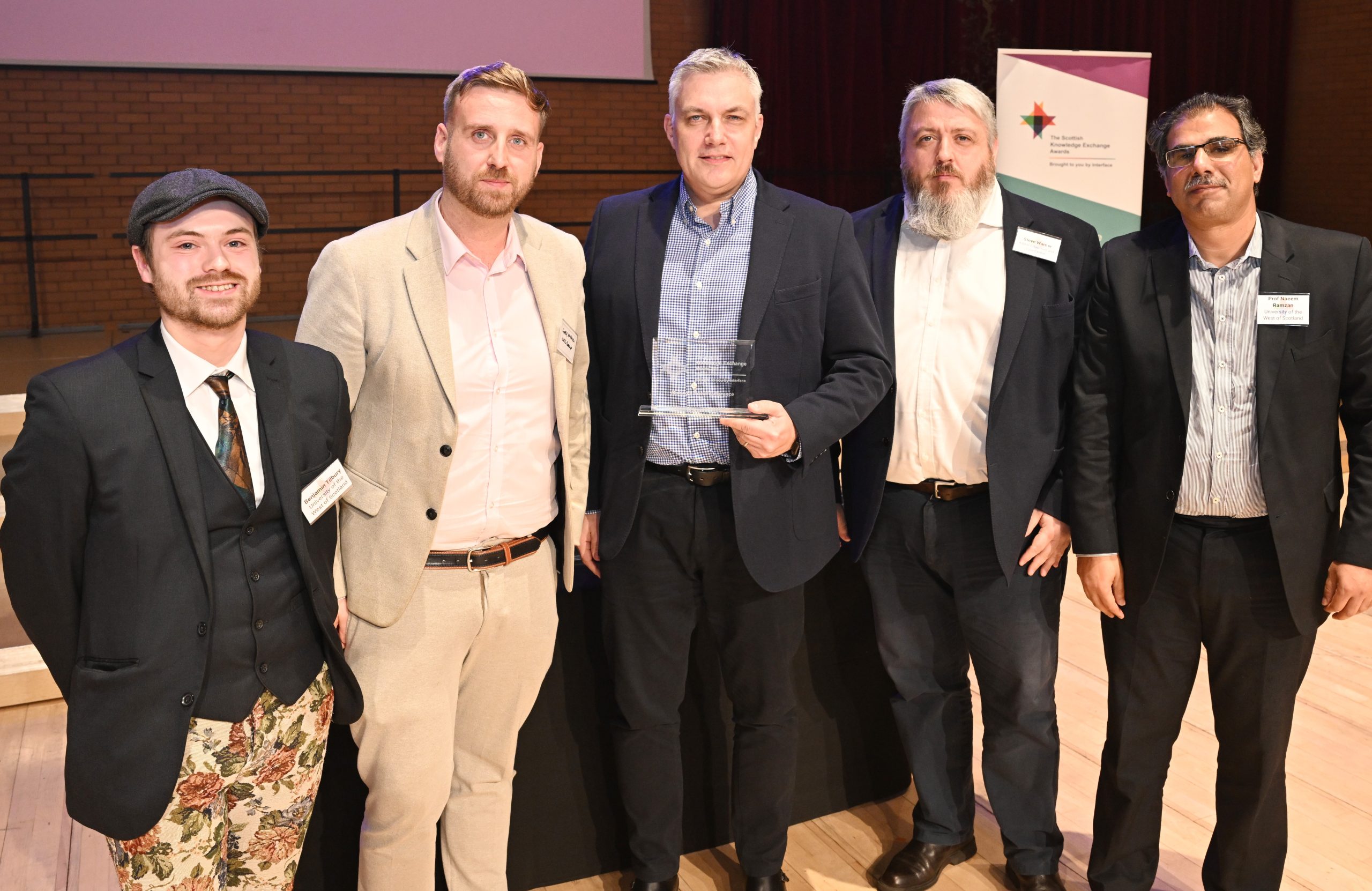Blog
Three ways researchers can reach audiences (without the media)

The growing expectation for universities to communicate their impact on society makes sense. However, too often, the need is felt like an additional burden on already stretched researchers.
For the past ten years, I’ve worked with academics to turn big ideas into stories for top publications such as the Financial Times, Harvard Business Review and the Guardian. I have also launched blogs, produced podcasts and supported experts to gain recognition as social media thought leaders.
These activities can have a significant impact on a researcher’s reputation, but they require a lot of effort, persistence and resilience when – as often happens – stories don’t attract attention.
Thankfully, there are other simple and effective ways researchers can reach audiences and make an impact. Here are three:
- Use email to your advantage
Contact the people you want to influence directly. It seems obvious enough, but it can be easy to write-off email as a useful method of communication because it’s so typical. The key is to think about what will make the person on the other read it and act on it.
Good emails start with a subject line that explains clearly and succinctly why you are getting in touch and why your communication should matter to them. Finish by clearly defining your ‘ask’ – whether it’s to feedback on a paper or access to data, people are much more likely to respond if they know what you want from them.
- Attend different events
The idea of attending a conference where you don’t know anyone and speaking with people from a completely different professional background makes a lot of us break into a cold sweat. But the rewards far exceed the risk.
Attending events hosted by the industry or organisation academics want to impact can provide valuable connections. They can also give researchers direct access to the current conversations in their field of study and helpful feedback. Speaking at industry conferences is even a handy way to gain experience communicating with different audiences.
- Ask for help
Most universities have knowledge exchange and research support professionals ready to help academics engage with the people they want to reach. There are also specialist external support agencies you can ask to help you make connections.
Since 2005, Interface has introduced close to 3,000 businesses in Scotland to academics. Researchers offer companies essential knowledge which can inspire innovation and help them navigate uncertainty. In return, companies give academics access to real data, fresh perspectives, and a new way to make an impact with their ideas.
Derek Main specialises in translating complex research and insights from the fields of management, finance, technology, economics, sustainability, and entrepreneurship, into features, opinion, blogs, books, web copy and papers that resonate with mainstream and leadership audiences.
Interface makes valuable connections between universities and businesses. Contact us to find out more.



